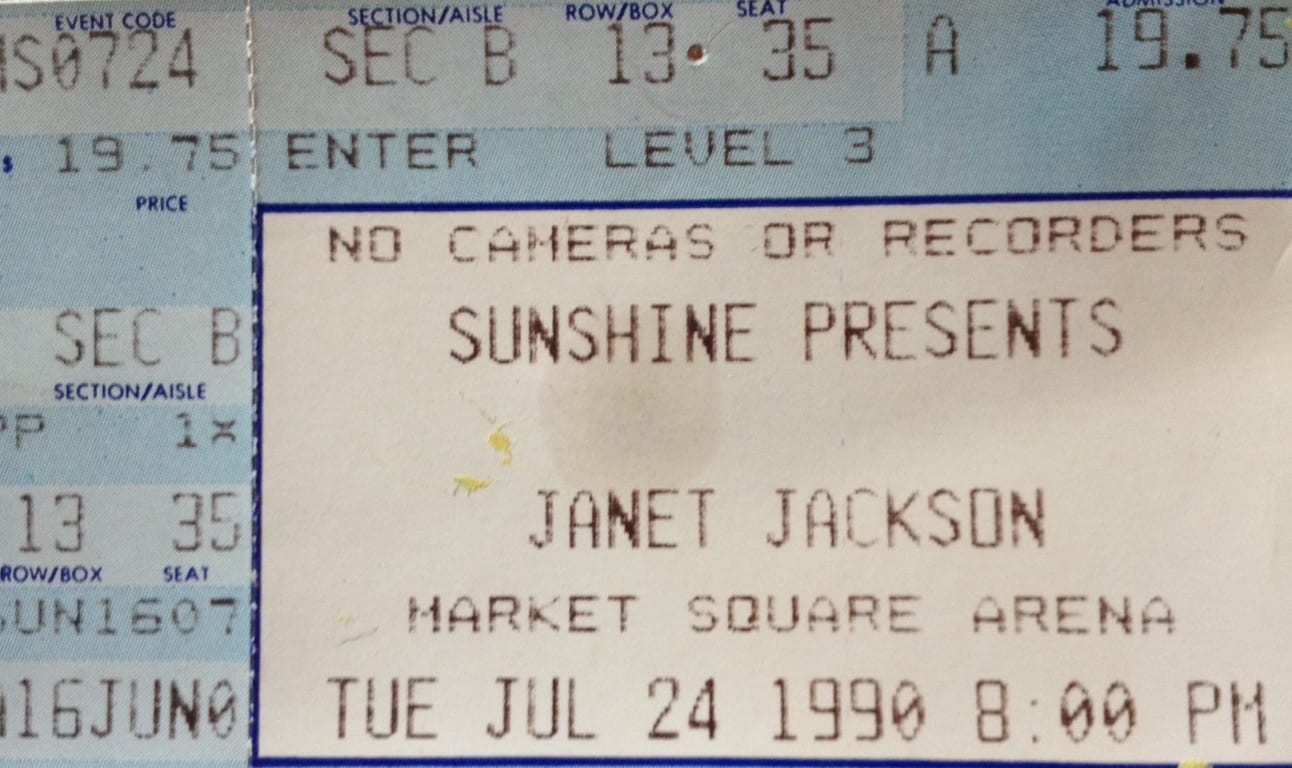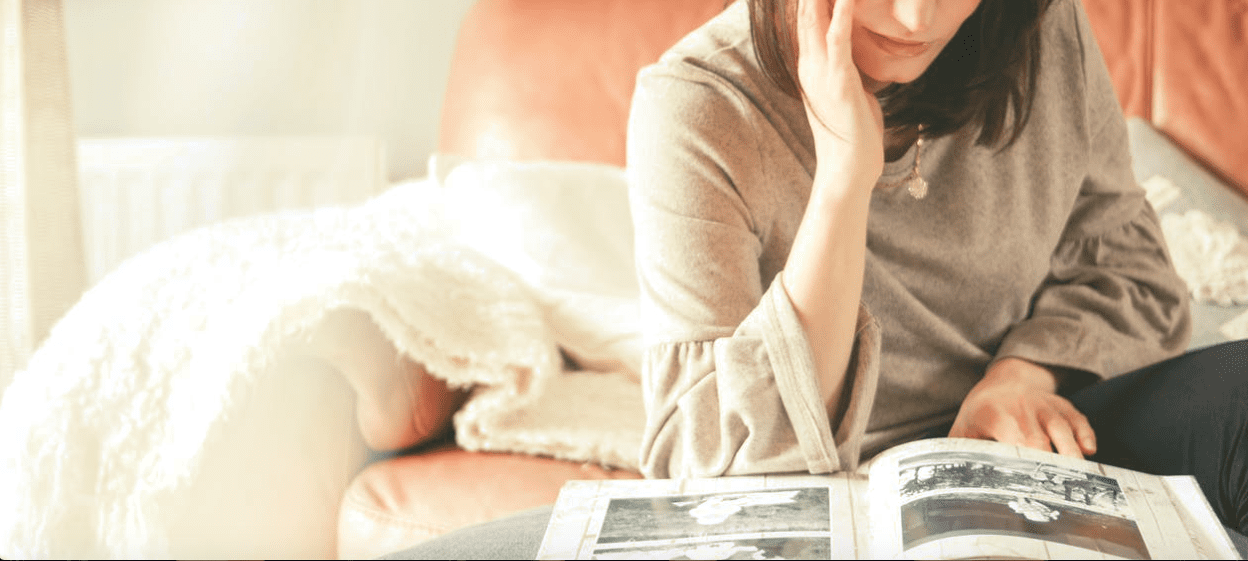Trending Now
Ever feel a wave of nostalgia when you see your childhood bedroom completely untouched? Finding all your concert tickets, posters and the rest of your high school memories exactly as you left them can bring about overwhelming emotions.
But if your parents turned your bedroom into the crafting and gift wrapping room, you could be missing out some real mental health benefits.
Turns out, it’s this kind of stuff that triggers happy memories.

Photo Credit: Wikimedia
David B. Newman, social psychology at the University of Southern California, told Inverse,
“If a particular period of time was very meaningful, it can be nice to hang on to those objects to remind you of the good times.”
Even when the triggered memory is not happy, having an object from a difficult time is also meaningful. When Krystine Batcho, professor at Le Moyne College, New York, researched nostalgia in anti-Nazi resistance movements, she saw people keeping objects from that awful era because it reminded them of happier times before they were driven from their communities.
Batcho said,
“Research suggests that people hold on to objects from their past, their youth, even their childhood, in an effort to hold on to the past, knowing the passage of time is inevitable and irreversible.”

Photo Credit: Pxhere
So, holding on to mementos is a good thing, unless it becomes an obsession, like hoarding. Otherwise, photos and other small things make us feel good. It’s a “continuity of self,” according to Batcho. Your circumstances may change, but inside you’re still the same kid who did fun stuff.
Your old things may inspire you to reach out to old friends or others who had the similar experiences as you. That can help you feel less lonely.
A paper published in 2013 in Personality and Social Psychology Bulletin also suggests that nostalgia can help us feel good about the future too. It gives us optimism as we look ahead.

Photo Credit: Flickr
That is, unless you’re letting nostalgia hold you back.
Neel Burton, a psychologist at Oxford University told Inverse,
“If your nostalgia is beginning to make you angry or sad, if it’s preventing you from engaging as well as you used to with family, friends, and colleagues, then, probably, it has become more of a problem than a solution.”
There’s a difference between thinking fondly about the past and leaning on it to get you through life’s big bumps. Newman says this kind of thinking can make you feel like your life is worse than it really is.

Photo Credit: Pexels
How can you tell if nostalgia is serving you well?
If coming home and seeing your old CD collection makes you want to call your high school bestie and get together for a coffee while you’re back in town, then you’re making a connection and that’s a good thing.
On the other hand, if you’re pouring over photo albums in tears wondering how it all went wrong, then you may need to explore other ways you can help your future self. Because that’s an answer you won’t find in your prom picture.

